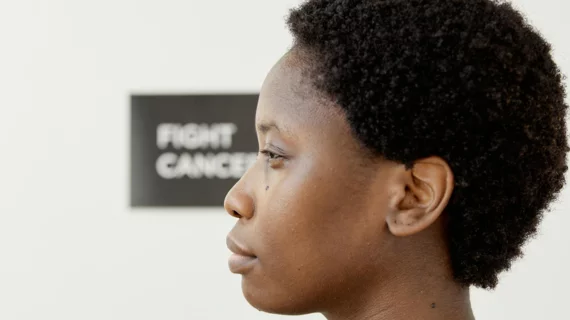In a national survey, 89% of cancer centers report drug shortages
A non-profit representing cancer centers has published its latest biannual survey on the current state of cancer drug supplies—and it paints a complicated picture of shortages and the health of the supply chain.
When the National Comprehensive Cancer Network (NCCN) last published its survey results, a peak of 93% of centers were experiencing shortages of the crucial chemotherapy drug carboplatin. That number is now down to only 11%. Similarly, in June 2023, 70% of centers surveyed were also lacking adequate supply for cisplatin. Now, that number is only 7%.
However, 89% of respondents are still reporting shortages, namely anti-cancer agents and supportive care medications. Along with clinical care, many of these drugs are needed for clinical trials.
“Most [cancer centers surveyed] are still managing shortages for more than one type of medication right now. These shortages not only put a burden on patients, caregivers, and providers, but they could also delay vital clinical trials and slow the pace of progress for new cancer therapies,” Crystal S. Denlinger, MD, Chief Executive Officer, NCCN, said in a statement.
The NCCN's survey was conducted between May 28 and June 11, with 28 cancer centers in the U.S. responding. Of them, 43% said drug shortages were impacting clinical trials, making it challenging to budget for and plan them. Respondents also said shortages were running afoul of prior authorization requirements, with 27% saying drug and scheduling changes required multiple approvals from insurers, causing treatment delays.
In terms of the specifics on drug shortages, 57% of centers reported supply challenges for vinblastine, 46% etoposide and 43% topotecan. Other reported shortages included dacarbazine, 5-fluorouracil, methotrexate and other drugs used for chemotherapy support.
In general, respondents cited unsustainable market incentives as the reason for the snags, including a limited incentive to produce high-quality drugs and a lack of a buffer in supply stocks. They would like to see economic guardrails put in place to change the supply chain landscape.
“The current situation underscores the need for sustainable, long-term solutions that ensure a stable supply of high-quality cancer medications,” Alyssa Schatz, MSW, Senior Director of Policy & Advocacy, NCCN, said in the statement. “The federal government has a key role to play in addressing this issue. Establishing economic incentives, such as tax breaks or manufacturing grants for generic drugmakers, will help support a robust and resilient supply chain—ultimately safeguarding care for people with cancer across the country.”
The full survey results can be found here.

